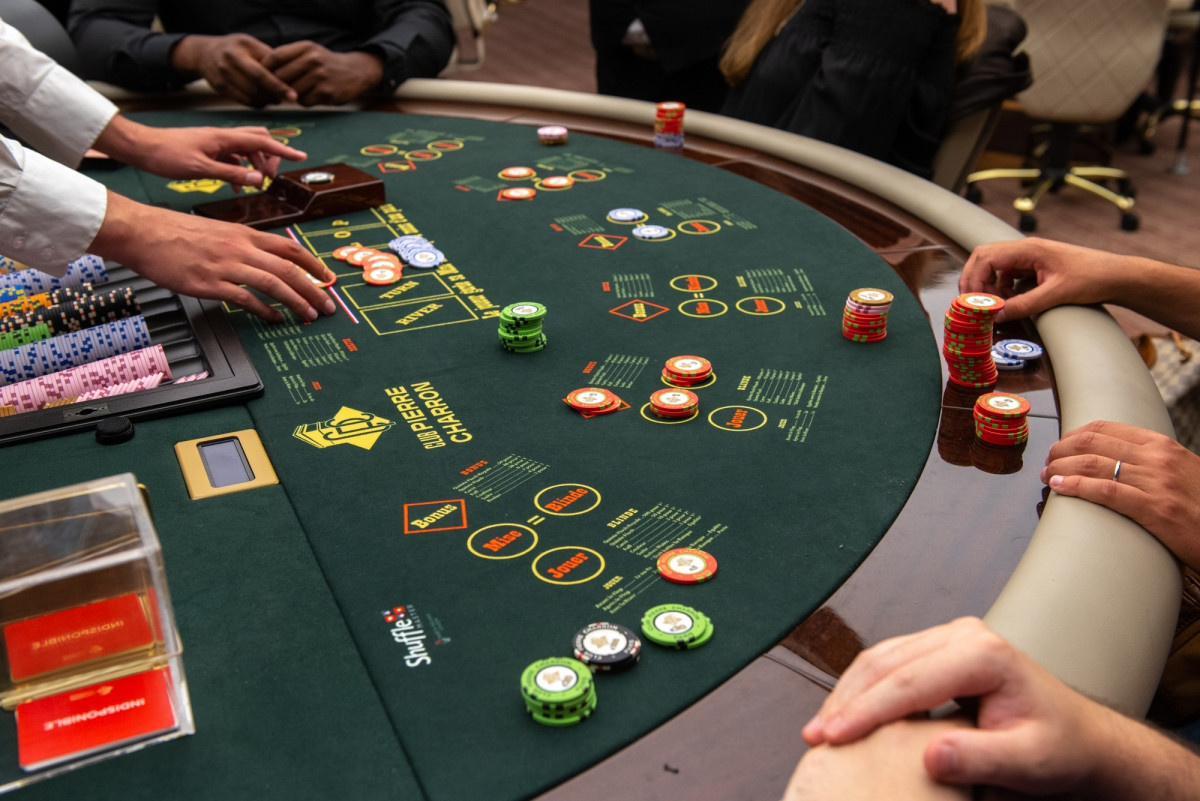Poker is more than just a game of cards; it’s a battle of minds. Understanding the psychology behind poker helps players read opponents, predict their moves, and make smart decisions. Mastering this skill can significantly improve your chances of winning, giving you an advantage over players who rely solely on luck.
Why Psychology Matters in Poker
Unlike many other casino games, poker is not purely based on chance. It requires observation, analysis, and mental discipline. Players who can interpret human behavior and betting tendencies can anticipate bluffs, detect patterns, and manipulate the game to their advantage. The ability to stay calm under pressure and make rational decisions is what separates great players from the average ones.
Key Psychological Skills for Poker Success
- Emotional control: Staying composed prevents costly mistakes.
- Observation skills: Noticing small details can reveal opponents’ hands.
- Patience and discipline: Waiting for the right opportunity is crucial.
- Adaptability: Adjusting your strategy based on your opponents improves success rates.
- Bluff detection: Identifying when an opponent is bluffing helps you make smarter calls.
Reading Your Opponents in Poker
One of the most crucial aspects of poker psychology is reading your opponents. This involves interpreting their behavior, betting patterns, and physical tells, especially in live games.
1. Observing Betting Patterns
- Aggressive betting usually signals a strong hand or a well-planned bluff.
- Hesitation before betting may indicate a weak hand or uncertainty.
- Frequent checking could mean a player is trying to see cards cheaply or is unsure of their position.
- Sudden large bets often suggest a player wants to scare off competition and steal the pot.
2. Identifying Physical Tells (For Live Poker)
- Eye movements: Players avoiding eye contact often have weak hands.
- Hand movements: Shaky hands may indicate nervousness about a strong hand.
- Breathing patterns: Deep or heavy breathing could suggest excitement over a great hand.
- Chip handling: Players who fidget with their chips may be anxious or unsure of their hand.
- Posture shifts: A sudden change in sitting position might mean a player has received a good or bad card.
3. Recognizing Emotional Play
- Tilt: A player on “tilt” is emotionally frustrated and plays recklessly. Recognizing when an opponent is tilting can help you capitalize on their mistakes.
- Overconfidence: Some players become too aggressive after a big win, making them vulnerable to traps.
- Fearful Play: Cautious players might fold too often, missing opportunities to win hands they could have taken.
- Frustration: A player who has been losing consistently may make irrational bets in an attempt to recover losses.
Making Smart Decisions at the Poker Table
Applying psychological insights allows you to make better strategic choices and increase your win rate.
1. Adapting to Opponent Types
- Against aggressive players: Play tight and let them make mistakes. Trap them with strong hands.
- Against cautious players: Apply pressure with calculated bluffs to force folds.
- Against unpredictable players: Stay patient and wait for strong hands before committing chips.
2. Controlling Your Own Emotions
- Stay calm, regardless of wins or losses. Emotional decisions lead to poor gameplay.
- Avoid making impulsive moves. Take time to assess each situation carefully.
- Stick to your strategy. Consistency is key to long-term success.
- Take breaks if needed. If you feel frustrated, step away to clear your mind before returning to the table.
3. Using Bluffing to Your Advantage
- Bluff when your opponents show signs of weakness. If they hesitate or check often, they might fold under pressure.
- Use semi-bluffs with hands that have the potential to improve. This way, even if called, you have a chance of winning.
- Avoid bluffing too frequently. If opponents catch on, they will start calling you more often.
- Consider your table image. If you’ve been caught bluffing before, opponents might not believe you next time.
Final Thoughts
Understanding poker psychology can give you an edge over opponents who rely solely on luck. By reading betting patterns, recognizing emotional cues, and making calculated decisions, you can outplay others at the table. The strongest hand doesn’t always win in poker—the smartest mind does. Developing these psychological skills will not only enhance your poker performance but also make you a more formidable and unpredictable player.

Leave a Reply